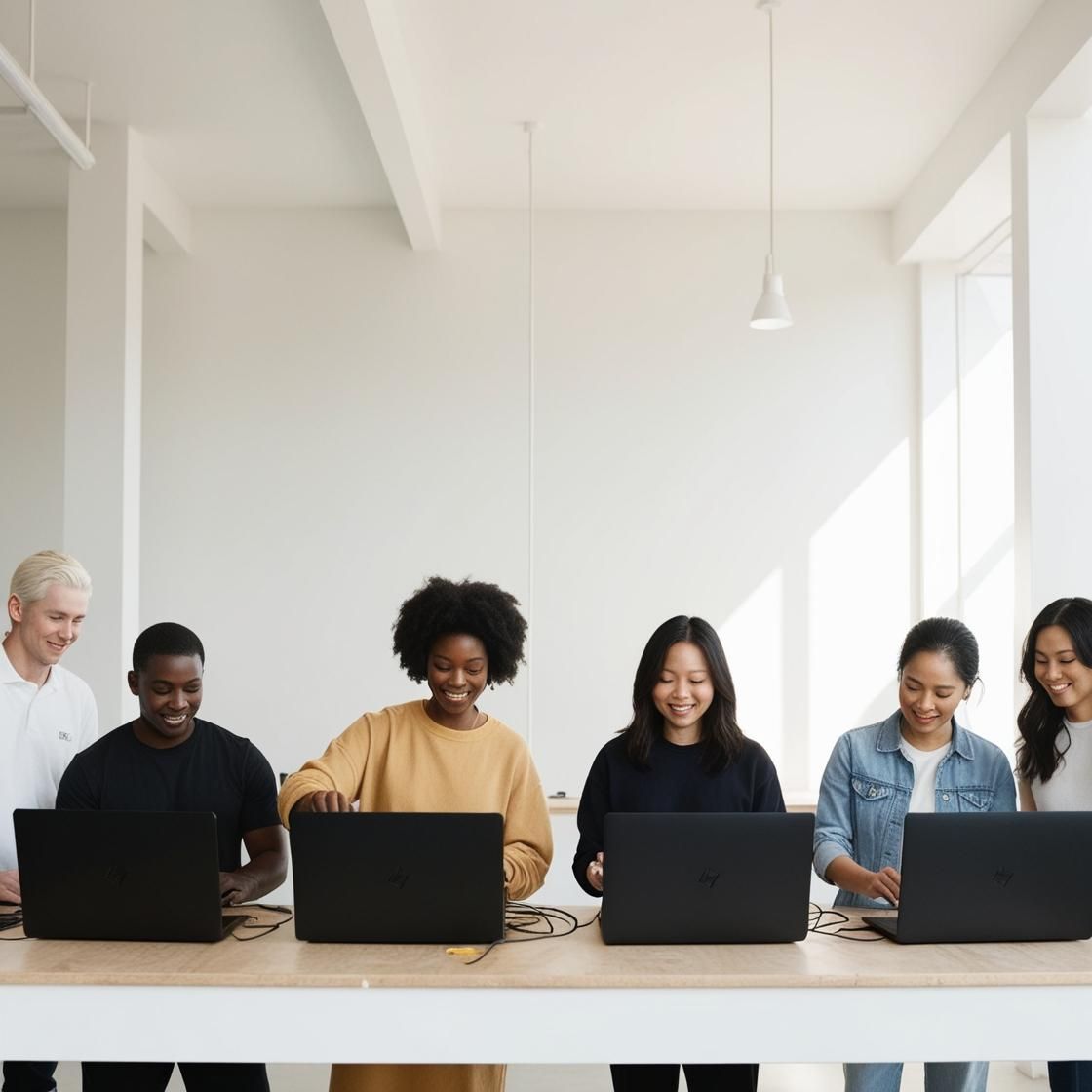
As the world approaches the October 2025 end-of-support date for Windows 10, millions of computers face premature obsolescence. Studies suggest that over 40 million machines will be rendered “useless,” contributing to the growing e-waste problem. But this doesn’t have to be the case. Many of these systems, often equipped with solid hardware—like i5 processors, SSDs, and at least 8GB of RAM—are perfect candidates for a second life with Linux Mint, an operating system known for its speed, simplicity, and versatility.
In Maine, this transformation is already happening. Through programs like Build IT, local students as young as 3rd and 4th grade are learning to repurpose old Windows PCs into fast, efficient Linux machines. With just a bootable USB imaging tool and 15 minutes, these young tech enthusiasts have turned computers destined for the scrap heap into powerful tools for their communities. This process is so simple and intuitive that it requires no professional IT experience, leveling the playing field for anyone wanting to try it.
The benefits of using Linux Mint are striking, especially for resource-strapped communities. First, there’s the performance. A 4-to-8-year-old laptop that may struggle with modern Windows updates runs like a dream on Linux. The system easily handles everyday web-based tasks and doesn’t come with the baggage of pop-ups, proprietary software, or the constant need for costly updates.
Security is another major win. While no system is entirely immune to threats, Linux is inherently more resilient against malware, spyware, and viruses than its Windows counterpart. In the rare cases when something does go wrong, a quick reinstallation from the USB imaging tool restores the system in minutes—an invaluable feature for families or small organizations that can’t afford downtime or professional IT help.
Schools in Maine are seeing the potential, too. By embracing Linux, educators provide students with more than just a working computer. They’re fostering creativity and critical thinking. Unlike mainstream operating systems, Linux encourages users to explore and understand the “why” behind their actions rather than just memorizing where to click. It’s an experience that pushes boundaries and opens minds, all while saving schools from spending hundreds of dollars on new hardware or software licenses.
The value of Linux extends beyond schools. Its accessibility is transformative for low-income and immigrant families. For instance, Maine’s immigrant communities often face technology barriers because English isn’t their first language. Linux Mint includes language packs for over 200 languages, making it possible for families to use the operating system entirely in their native tongue. This feature, combined with its zero-cost nature, empowers these communities to bridge the digital divide without financial strain.
Take the example of a family receiving a refurbished laptop through a local nonprofit. With Linux Mint, they have a secure, stable computer that supports everything from schoolwork to job applications. It’s a system free of pop-ups, spyware, and the constant pressure to upgrade. Suppose the system is accidentally misconfigured or encounters a problem. In that case, they don’t need to panic—they can reinstall the OS in a matter of minutes, starting fresh without additional cost.
Extending the useful lifecycle of devices offers a meaningful path to sustainability. By maximizing a device’s utility, we significantly reduce the need for new product consumption—a win for the environment. This approach not only curtails the waste and energy demands of manufacturing but also provides an accessible, eco-conscious computing solution for individuals who cannot afford—or choose not—to replace their devices every two years. This sustainable alternative challenges the relentless consumer cycle promoted by OEMs like Microsoft, Dell, and Chromebook manufacturers, empowering users to make choices that align with their needs.
For Maine, where community-focused initiatives thrive, Linux Mint offers a path to sustainability and accessibility. Through refurbished laptops, students learn, families connect, and computers that once seemed destined for obsolescence are powering a more inclusive future.
~Chris and Jodi Martin
Founders, give IT get IT
___________________________________________________
Want to learn more?